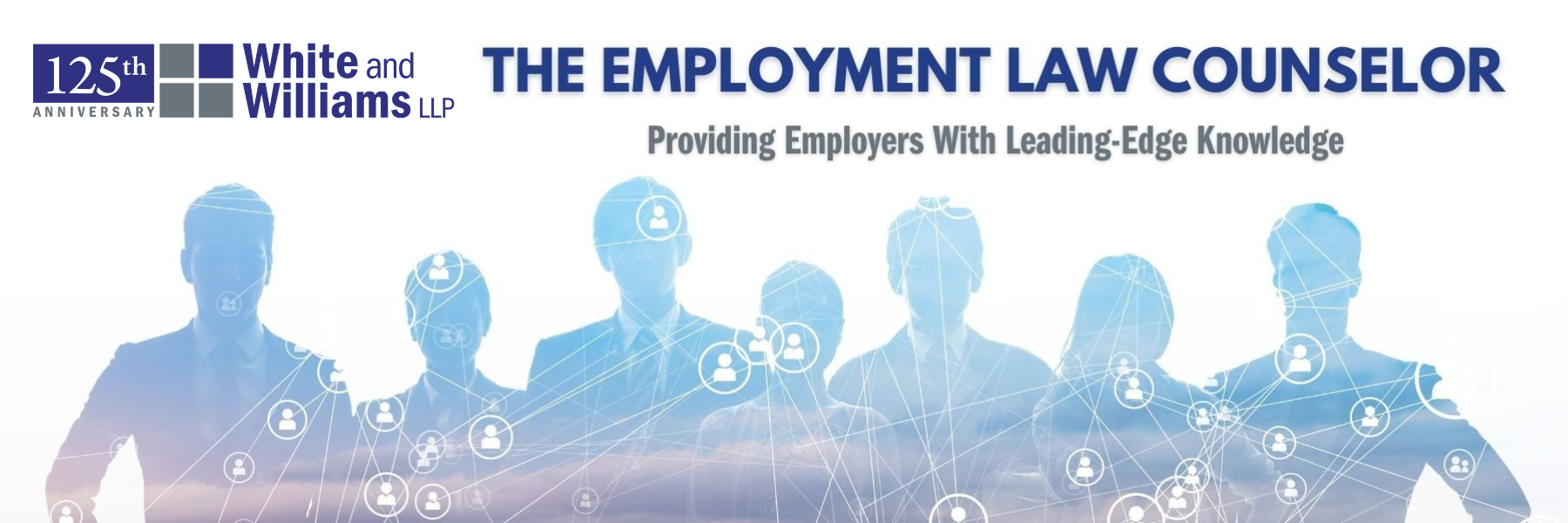The EEOC has recently updated its COVID-19 Technical Assistance (Technical Assistance) to address questions and issues pertaining to workplace vaccination programs. The updated Technical Assistance is available on the EEOC’s website.
Mandatory Vaccination Programs and Reasonable Accommodations
The EEOC has updated and expanded the sections of the Technical Assistance that address equal employment opportunity issues related to mandatory vaccination programs. The EEOC reiterated its position that the federal EEO laws do not prohibit employers from requiring all employees who are physically entering the workplace to be vaccinated, subject to the reasonable accommodation provisions required for disabilities under the ADA and religious beliefs under Title VII. The EEOC has now provided specific guidance for the types of reasonable accommodations that an employer should consider for employees who are not vaccinated due to disability, religion or pregnancy:
- Wearing a face mask
- Working at social distance from coworkers or others
- Working a modified shift
- Periodic testing for COVID-19
- Telework
- Reassignment
Mandatory Vaccinations and the “Direct Threat” Analysis
The EEOC has expanded its explanation of the direct threat analysis that applies to employer enforcement of qualification standards under the ADA. Employers may impose a safety-related standard, such as requiring COVID-19 vaccination, “if the standard is job-related and consistent with business necessity.” If an employee cannot be vaccinated due to disability, the employer may not require compliance for that employee unless it can demonstrate that the individual would pose a “direct threat” to the health or safety of the employee or others in the workplace. In conducting this analysis, the EEOC points to the following factors to be considered:
- Reasonable medical judgment that relies on the most current medical knowledge about COVID-19, such as the level of community spread and statements from the CDC;
- The type of work environment, such as:
- Whether the employee works alone or with others
- Whether the employee works inside or outside
- The amount of ventilation
- The frequency and duration of interaction the employee typically has with others
- The number of vaccinated individuals already in the workplace
- Whether other employees are wearing masks or undergoing routine screening testing
- The space available for social distancing
These additions to the EEOC’s Technical Assistance provide needed guidance for employers considering mandatory vaccination programs, specifically with regard to practical steps to consider when implementing such programs. Employers who are considering a strict policy of barring unvaccinated employees from working on-site should be aware of the duty to reasonably accommodate disabilities and religious beliefs by taking an individualized approach and carefully considering the actual risks in the workplace. Employers should explore all options, including face masks and social distancing, for employees who cannot be vaccinated due to disability or religion.
Employer Vaccine Incentives
The updated Technical Assistance also addresses the issue of vaccine incentives and distinguishes between vaccinations administered by the employer, and vaccines administered by an outside provider in the community. In the case of vaccines administered by the employer or its agent, the EEOC states that incentives are permissible provided that they are “not so substantial as to be coercive.” Because vaccinations administered by the employer necessarily require employees to answer disability-related screening questions, the EEOC takes the position that a very large incentive could pressure employees to disclose their medical information. The EEOC does not, however, provide further guidance on how large an incentive must be to be deemed coercive.
In contrast, where employers offer incentives for voluntary vaccination where the vaccine is administered by outside providers other than the employer, there is no limitation on the size of the incentive. The EEOC reminds employers of the need to keep vaccination information confidential pursuant to the ADA.

